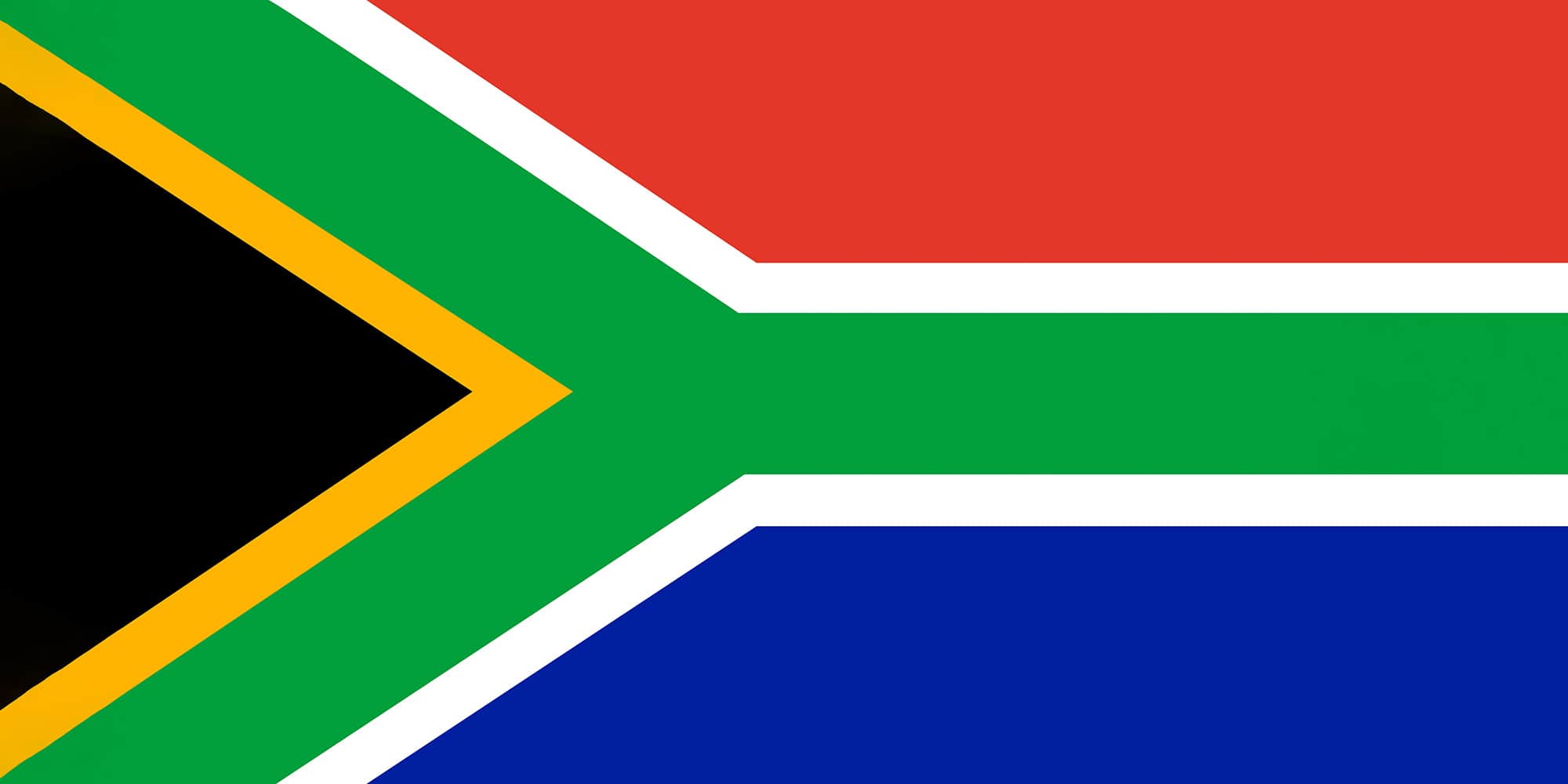National Regulation of Public Procurement

Key features of public procurement system
- The procurement regulatory framework applies to public contracts for goods or services, as well as in the case of the sale or lease of public assets or the conclusion of a public-private partnership (PPP) agreements
- Significant decentralization of the procurement process
International Agreements
- WTO Agreement on Government Procurement (GPA);
National Law
- 1997 Constitution of the Republic of South Africa, Article 217
- 1999 Public Finance Management Act (PFMA), Article 51
- 2000 Preferential Procurement Policy Framework Act (PPPFA)
- 2017 Preferential Procurement Regulations
- 2000 Municipal Systems Act 32
- 2003 Municipal Finance Management Act 56 (MFMA)
- 2014 Broad-Based Black Economic Empowerment Act (B-BBEE Act)
- 2000 Administrative Justice Act (PAJA)
On June 30, 2023, the National Treasury drafted and tabled the Public Procurement Bill 2023 in the National Assembly (the lower house of the South African Parliament). The project is aimed to codify and harmonize current public procurement legislation. From the point of view of the authors of the document, the adoption of the bill will increase the transparency and efficiency of the public procurement system and will contribute to socio-economic and technological development.
SAI South Africa Cases
National and Provincial Audit Outcomes in South Africa

SAI South Africa has published a consolidated performance assessment report for national and regional government and state-owned companies for the 2021-2022 financial year (April 1, 2021 to March 31, 2022).
- SAI noted a gradual improvement in the performance of public authorities. Based on the completed audits of 160 departments, 47 departments had improved and 12 had regressed. Similarly, of the 238 public entities with completed audits, 67 had improved and 34 had regressed.
- The audit found poor planning, insufficient intergovernmental coordination, lack of monitoring and accountability, inadequate financial management and non-compliance with legislation, as well as significant deterioration of infrastructure.
- Special attention was paid to analyzing the public procurement system. According to experts, the level of non-compliance with legal requirements remains high: violations were recorded in 44% of audited entities, which reduces the efficiency of the procurement process. Unplanned expenditure totaled R51.22 billion (USD 2.7 billion) in 2021–2022 and R136.67 billion (USD 7.1 billion) in 2020–2021.
- SAI made the following general recommendations: improve human resources policies, implement continuous performance monitoring, and improve the financial management culture.


